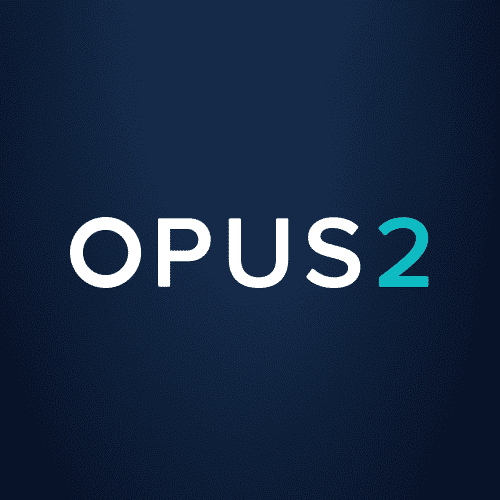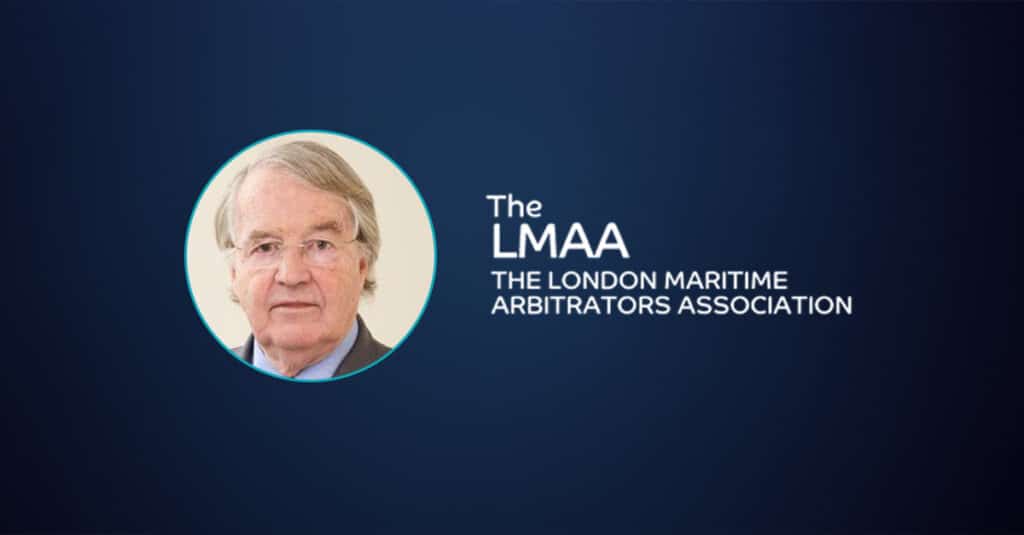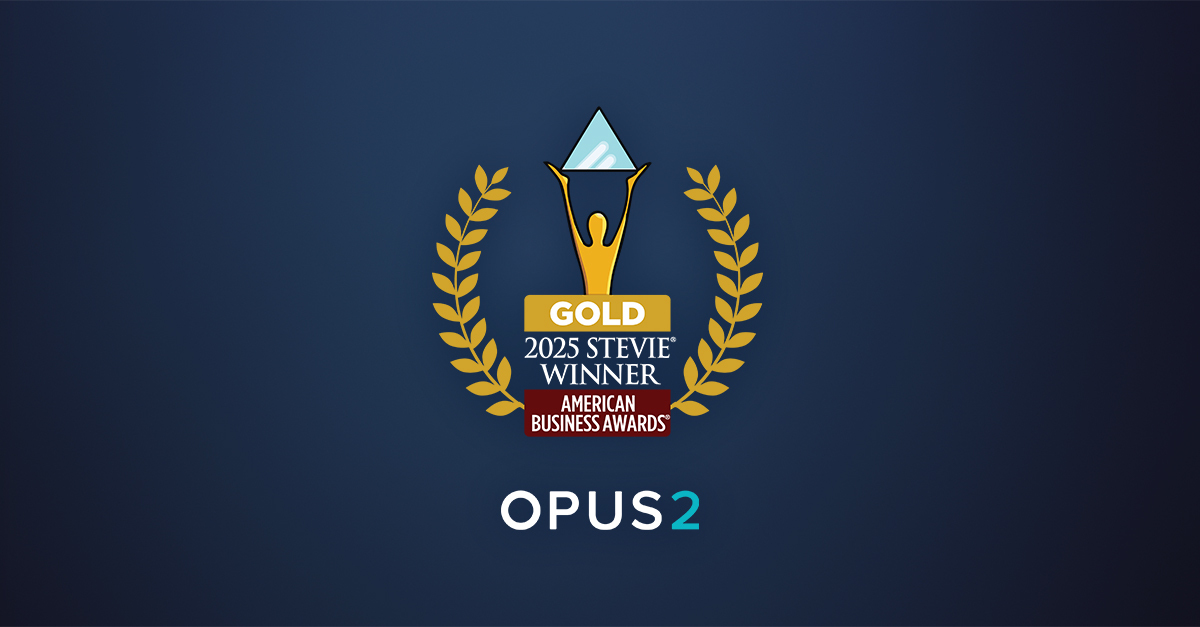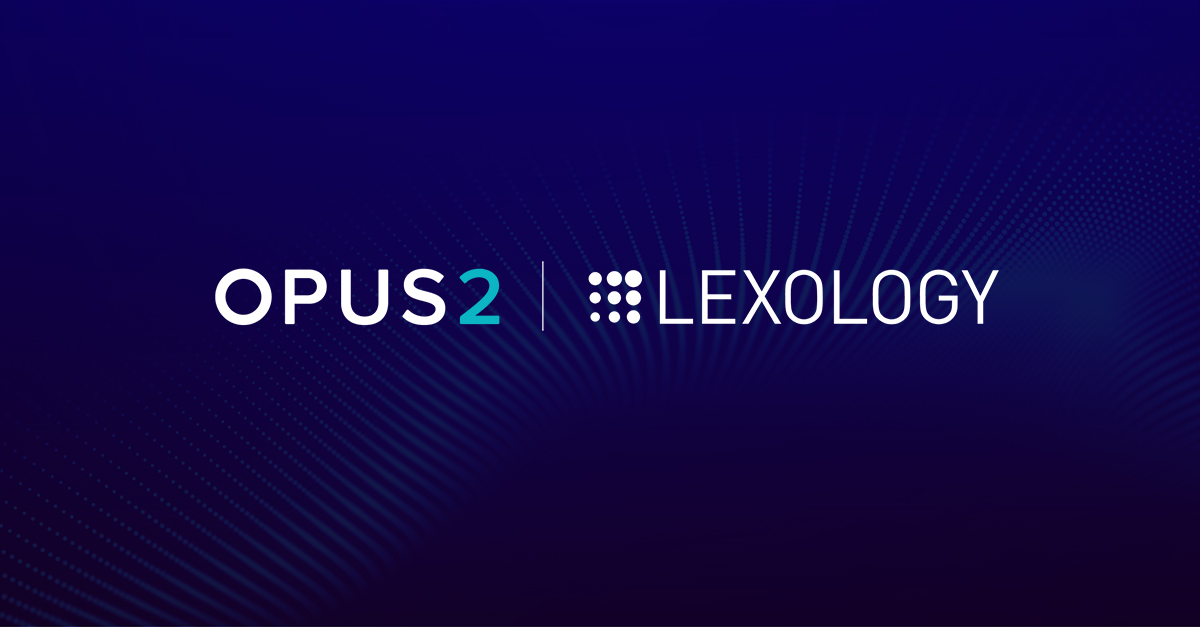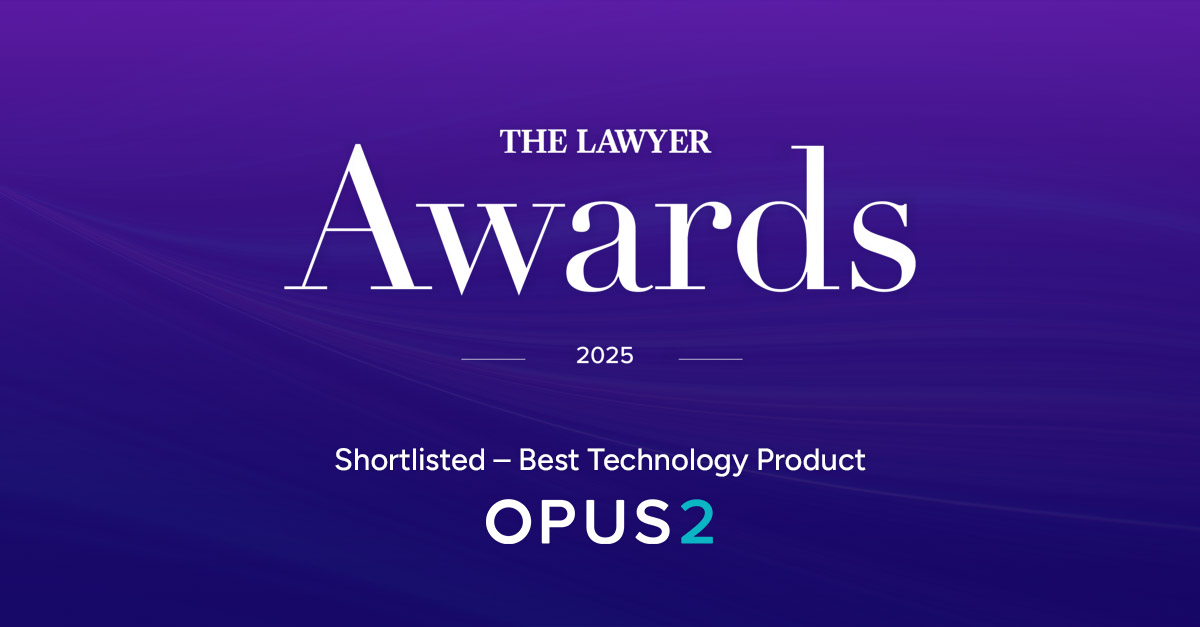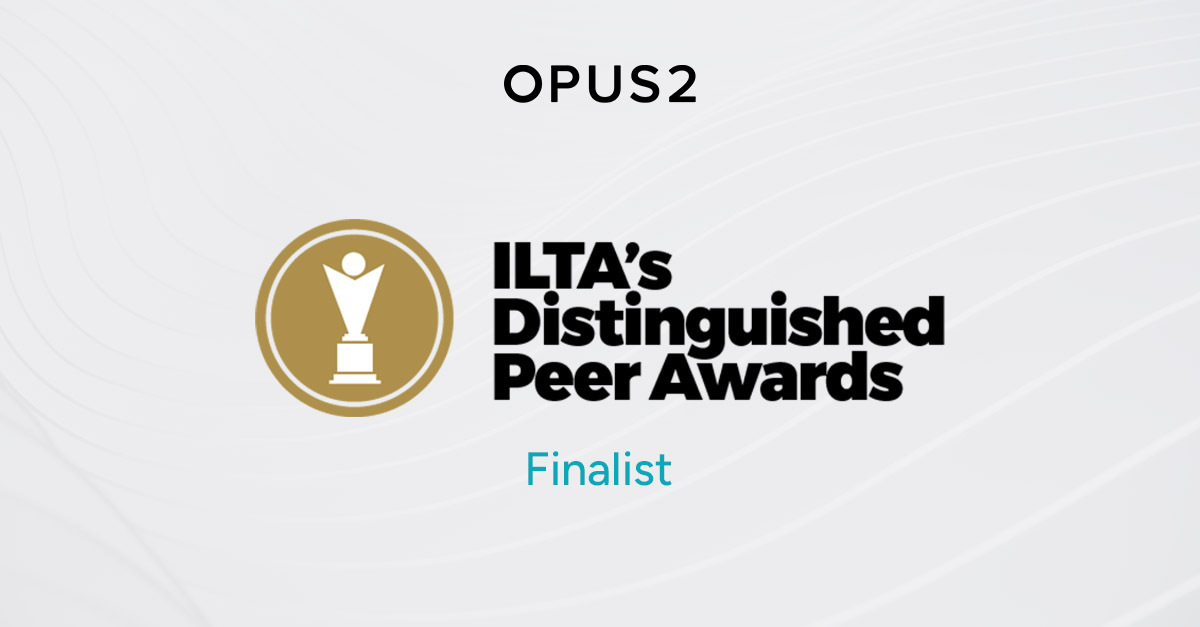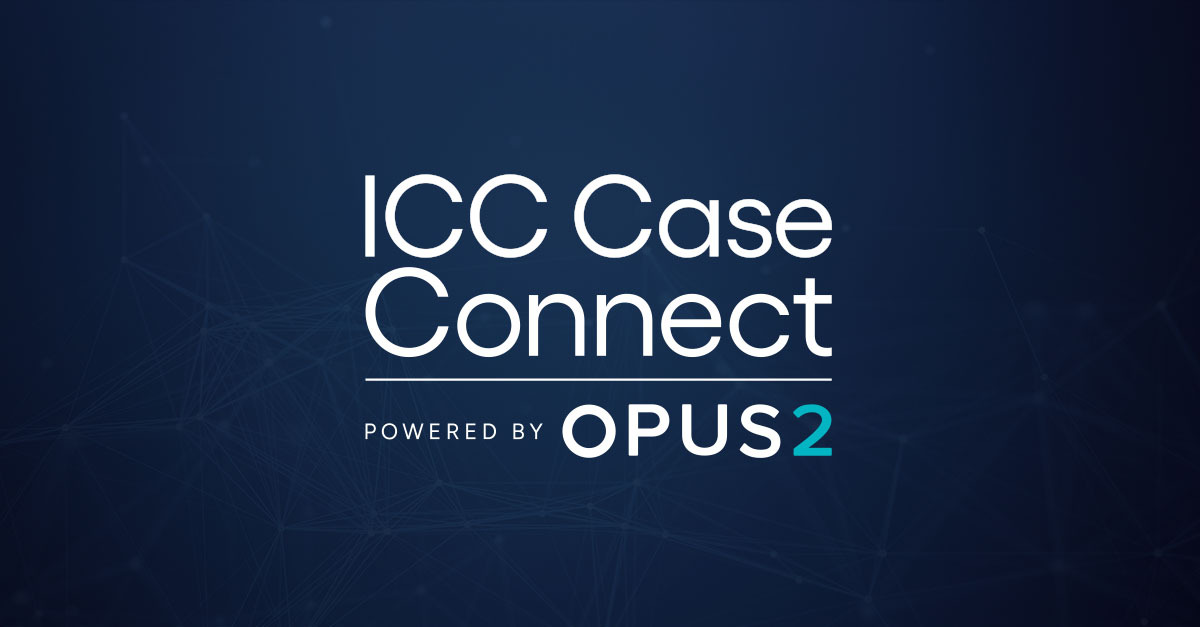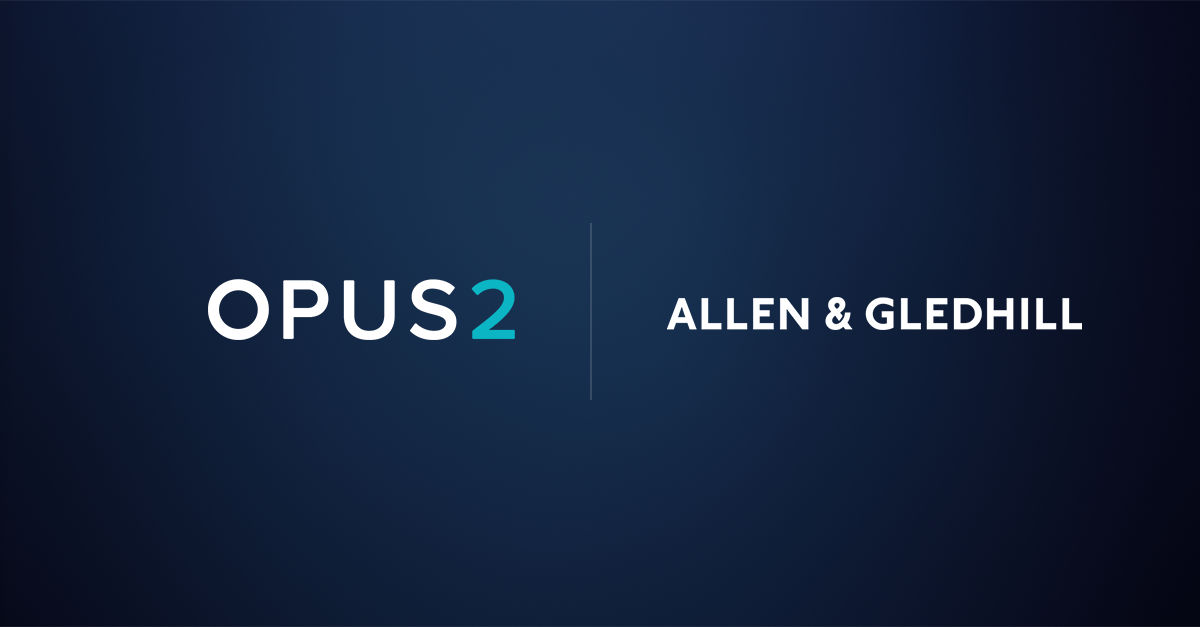Background
With international shipping accounting for 90% of goods transported globally, the shipping industry relies heavily on tribunals and arbitration to settle disputes between parties. The nature of disputes varies greatly but can include disagreements arising under time and voyage charters, bills of lading contracts, contracts for the sale of goods, and shipbuilding disputes, to name just a few.
Role of the maritime arbitrator
With over 15 years as a professional arbitrator and mediator, Simon Gault is highly experienced at handling a wide variety of international maritime cases. He’s also a member of the London Maritime Arbitrators Association (LMAA), recognised as the worldwide leaders in maritime dispute resolution. More maritime disputes are referred to arbitration in London than to any other place where arbitration services are offered. In 2019, LMAA members received around 1,750 new arbitration appointments and more than 520 awards were published by them.
“It’s the role of the arbitrator to establish the facts of the dispute based on the evidence presented, apply the relevant law, and reach a decision which is published as a well drafted award”, explains Simon. These Arbitral Awards are easily enforceable thanks to the New York Convention of 1958 which applies in 165 countries. As well as legal aspects, shipping tribunals can also involve complex technical and commercial elements, which makes the role of the arbitrator very specialist and highly skilled.
Extensive bundles of evidence
The nature of this information also means that the bundles of evidence relevant to a tribunal hearing can be extensive, often filling several dozen lever arch files. These bundles need to be made available to everyone involved in a hearing, including counsel, solicitors, witnesses, and experts. This often causes problems in terms of transportation, storage and then disposal following the hearing. “Hard copy bundles are also extremely expensive and time consuming to compile, and can also be problematic to navigate during the hearing”, reasons Simon.
Recognising the need to advance and embrace technology, some arbitration hearings had begun to adopt video links for witnesses that were unable to travel to the actual hearing in London. “Generally, we were OK with hearing oral evidence via video link from unimportant witnesses, but the technology wasn’t great. As a result, it was fairly unsatisfactory as a solution, and universally unpopular,” explains Simon.
Transforming the role of the arbitrator
More recently, Simon has been conducting hearings where the parties have adopted Opus 2’s electronic bundles as well as traditional hard copy bundles. As a result of these experiences, he now sees real potential in the technology, and how it can help to transform the role of the arbitrator. “My home office is in Kent, so physically transporting the hard copy bundles I need for a hearing into London can be a challenge for me. Having electronic access to the information makes life so much easier. Anything that can help to avoid the physical problems of hard copy bundles has to be beneficial,” reasons Simon.
As well as removing the physical problems posed by hard copy bundles, Simon is also impressed with the search facility within the Opus 2 solution: “Being able to search through the entire bundle electronically is both quicker and more reliable than a physical search of the hard copy bundle. The fact management and analysis tools provide a faster and more efficient means for me to draft an award. It also allows me to concentrate on the evidence and the facts, rather than sift through reams of paperwork.”
Other benefits of the Opus 2 solution that Simon envisages can greatly benefit the arbitrator include the Realtime Transcription feature that includes the ability for users to annotate and private chat facility for each party and the tribunal. “And in the cases I’ve been involved with that have included virtual or hybrid hearings facilitated by IDRC and Opus 2, I’ve found the Moderator to be extremely useful as it allows me to concentrate purely on the case in hand, and not be distracted by the technology,” he concludes.
So what does the future hold?
What seems apparent is that arbitration hearings were beginning to embrace technology before the Covid-19 pandemic transformed the working landscape. “Over the past 6 months, we’ve seen a huge change in how we are all using technology in arbitrations, and I think many of these changes are here to stay. We were definitely heading in this direction – I think that the pandemic has just sped up the journey considerably” is Simon’s view.
And while he is clear how this move to virtual hearings will streamline arbitration, he also realises how important training is in order to get the most out of the new technology. “The typical demographic of arbitrators makes us fairly slow adopters of new technology. But we have all been forced to adapt during the pandemic. I’ve found the IDRC and Opus 2 training insightful, and it will help tremendously with future hearings allowing me to focus on the case rather than the technology. I also think a pared-down version of the solution for smaller value hearings would be beneficial.”
About Simon Gault
Simon is a professional arbitrator and mediator, handling a wide variety of international maritime cases. Based in Kent, his arbitration practice resolves all manner of maritime disputes for parties around the world. A full member of the London Maritime Arbitrators Association, he was also their Honorary Secretary for over four years, and in this capacity advised on and lectured about a wide range of issues which arise under the Arbitration Act 1996.
He was a practising barrister with over 30 years’ experience of arbitrating and litigating shipping cases. He practiced from what is now Quadrant Chambers; served as the deputy head of those chambers for a number of years; and is now a door tenant of those chambers. He has over 11 years of judicial experience as a recorder of the crown court, as deputy admiralty registrar, and an assistant boundary commissioner. He was a trustee of a number of charities including the Incorporated Council of Law Reporting, and the general editor of Marsden – Collisions at Sea, and he is a member of the Baltic Exchange and Visiting Professor of Practice at the Law School of Newcastle University.
